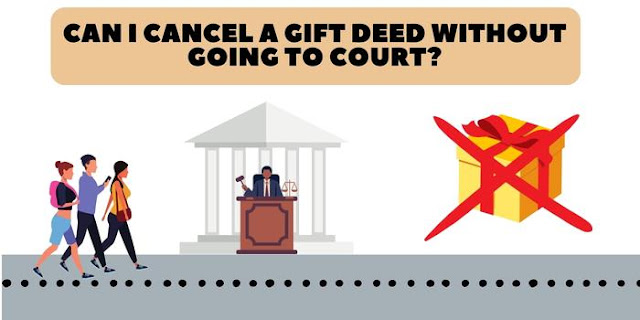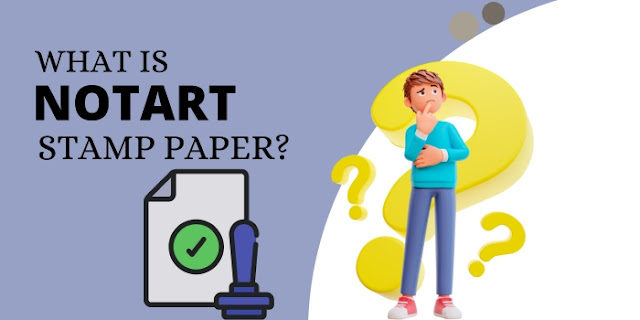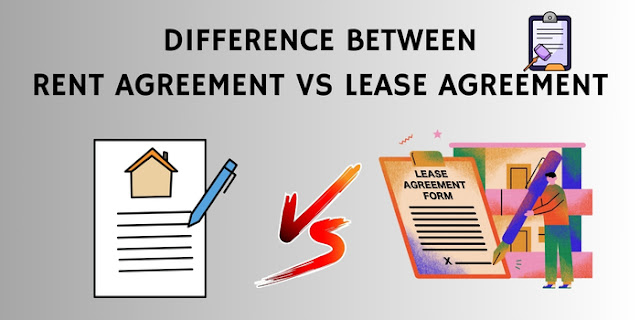Can I Cancel a Gift Deed without going to Court?
A gift deed is a legal document that transfers ownership of property from one person to another without any monetary consideration. While it is a useful instrument for property transfers, situations might arise where the need to cancel a gift deed emerges. Many individuals wonder whether it's possible to cancel a gift deed without resorting to a court battle. In this blog, we delve into non-court options for cancelling a gift deed and shed light on their feasibility and limitations.
Understanding the Significance of a Gift Deed
Before exploring the options for cancelling a gift deed, it's important to grasp the significance of this legal document. A gift deed formally transfers ownership of property from the donor (the person giving the gift) to the donee (the recipient). This transfer is typically irreversible, which is why any move to cancel a gift deed must be approached with careful consideration.
Mutual Agreement and Revocation
One non-court option for cancelling a gift deed is through mutual agreement and revocation. Both the donor and the donee can choose to reverse the transfer by consenting to cancel the gift deed. This involves drafting a revocation deed, which outlines the intent to nullify the original gift deed. However, it's crucial that both parties agree and the revocation deed is executed and registered as per legal requirements.
Consent and Re-Gifting
In some cases, the donee might agree to return the gifted property to the original donor. This process, sometimes referred to as "re-gifting," can be a simple and amicable way to cancel the gift deed without involving the court. However, this approach requires the consent and cooperation of both parties, and it's important to consider potential tax implications and legal requirements.
Mediation and Alternative Dispute Resolution (ADR)
If mutual agreement isn't possible, mediation and ADR can be effective non-court options. In mediation, an impartial third party helps the parties involved negotiate and find a mutually acceptable solution. ADR processes like arbitration can also be used to resolve disputes without going to court. These methods prioritize communication and collaboration, potentially leading to a cancellation agreement that satisfies both parties.
Professional Legal Assistance
Seeking legal counsel is advisable regardless of the route you choose for cancelling a gift deed. A lawyer can guide you through the legal process, ensure all necessary documents are prepared correctly, and help you navigate potential challenges. If both parties are amenable, lawyers can facilitate discussions and agreements outside of the courtroom.
Limitations and Considerations
While non-court options offer a less adversarial approach, they might not be feasible in all situations. If the parties are in disagreement or if there are legal complications, going to court might become unavoidable. It's important to consider the emotional and financial costs of a court battle and assess whether non-court options align with the circumstances.
Document Everything
Regardless of the path you take, document every step and agreement meticulously. This documentation can be crucial in case of any future disputes or misunderstandings.
Conclusion
Cancelling a gift deed without going to court is possible through various non-court options, each with its own set of advantages and limitations. The feasibility largely depends on the willingness of both parties to cooperate and resolve the matter amicably. While non-court options offer a less adversarial approach, it's essential to approach the process with caution, seek legal advice, and be aware of potential challenges. Ultimately, striking a balance between honoring intentions and finding practical solutions can lead to a successful cancellation of a gift deed.
Posted by Kamini



